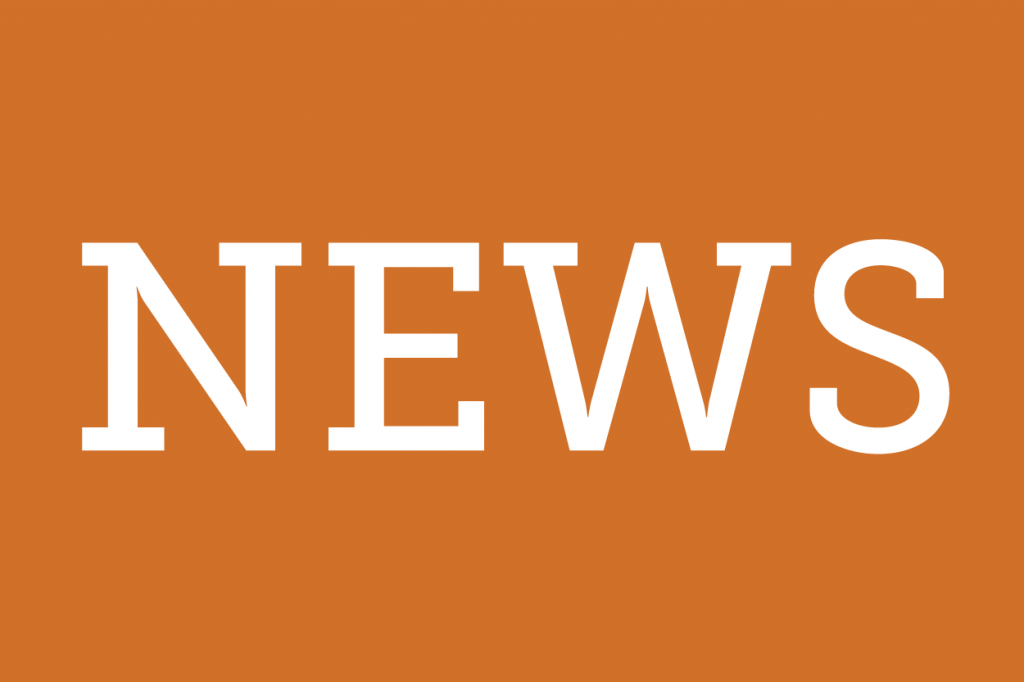Every Wednesday afternoon, a group of students gathers at the Rat. They’re not there to drink—though, sure, some may order snacks.
In a second-story conference room—against the backdrop of muffled music and order calls from the restaurant below—11 students and two professors, Miriam Lipsky and Renee Dickens Callan, meet for a workshop on intergroup dialogue.
Their goal in the debut course, which focuses on race and ethnicity, is not to learn how to win an argument, but how to walk away from a conversation and be able to say, “I understand where you’re coming from,” said Lipsky, assistant provost for institutional culture.
In lieu of lectures and PowerPoints, students complete readings, write weekly journal entries and engage each other in face-to-face conversation on the topic at hand.
“We have touched on a lot of very sensitive subjects,” said sophomore Bersabeh Mesfin, a psychology and human and social development double major. “We do a lot of activities to really understand more about ourselves as individuals—kind of just how to be able to interact with people that have differing opinions but still have a productive dialogue.”
Students had learned—and committed to memory—what dialogue is, and how it differs, especially, from debate.
“My understanding of it is that debate kind of serves to prove your opinion or belief correct, and the other person wrong,” said Nathaniel Maniatis, a freshman majoring in economics and human and social development.
Senior Torrey Crosby, a communication honors major, described dialogue as “more empathetic.”
This was an idea echoed by senior Shaitia Martin, a public health major, who said that she has often avoided debates by enlisting the skills she learned in intergroup dialogue.
“We can sit down and have an extensive conversation and reach common ground because I’ve learned dialogue skills,” she said of talking with family. “So I’ve resolved a lot of almost-conflicts.”
This inaugural group of students differ in their majors—but most found the course by word-of-mouth.
Junior Nathaniel Furman, a physics and electrical engineering major, first became interested in the study of “having difficult conversations” while working as a First-Year Fellow. Nathan Fox, a senior majoring in biochemistry and computer science, said Laura Kohn-Wood, dean of the School of Education and Human Development, told him he’d be “perfect” for the class after seeing him work as a resident assistant.
“We’re running into students all the time that are interested in talking about race, ethnicity, gender, sexuality, and so they’re looking for additional opportunities to do that in the class,” said Callan, director of Multicultural Student Affairs.
An entirely new batch of students will get to experience that unique format in the spring—Lipsky said the class, which requires instructor’s permission to enroll, is “almost full” already. It will take place in Dooley Memorial Building, in a room that’s been renovated with a Harkness table, an oval-shape table that puts students and professors face-to-face with one another.
Future plans for the intergroup dialogue course include workshops on sexuality and gender, as well as, potentially, one on interfaith dialogue.
Students who are wrapping up their first brush with intergroup dialogue say the model has worked well.
Senior Akshata Gunda, a chemistry major, noted the camaraderie and inside-jokes among the students.
“That doesn’t happen in a normal class,” she said.
“It goes by so fast,” said freshman Michelle Prestigiacomo, a psychology and elementary education major, of class.
Maniatis agreed, crediting his professors with laying the foundation for a positive group dynamic.
“We are all teachers and learners in this classroom,” Maniatis said. “That is just something that I think, from the get-go, really established that Dr. Lipsky and Dr. Callan are not here to tell us what to do, or what to think, or what is right, or what is wrong, or how to go about this—but rather to just kind of guide us, and give us a path, but not tell us which side to walk on.”







